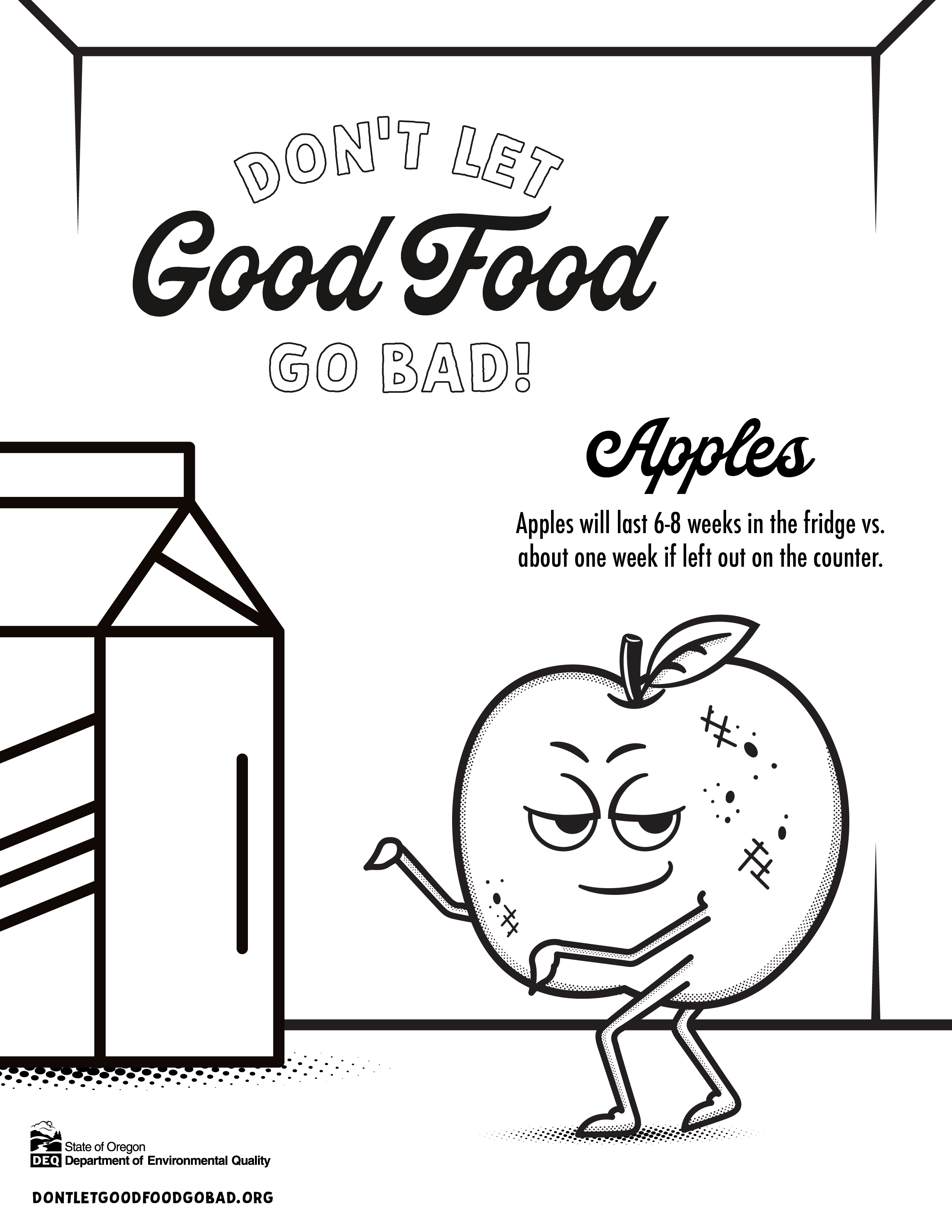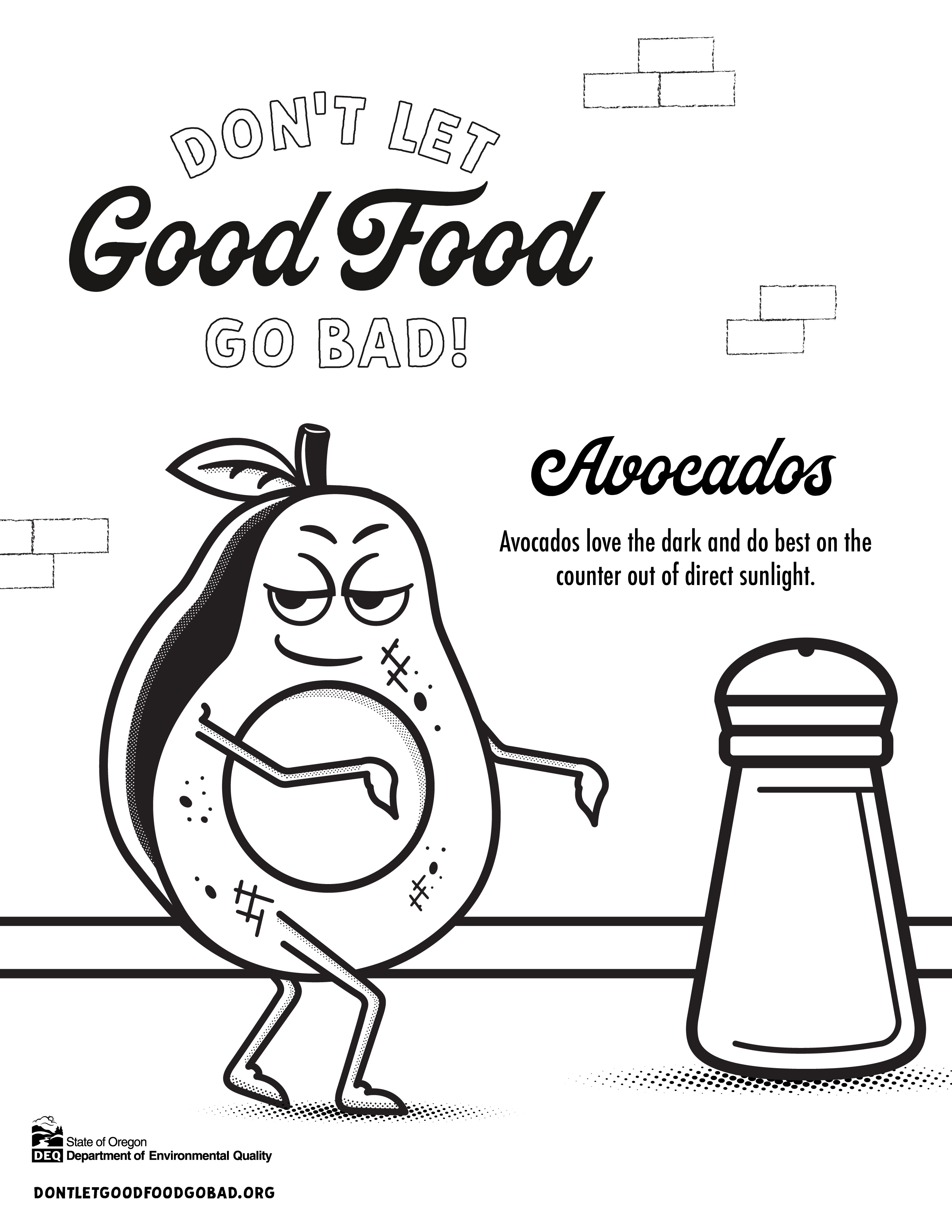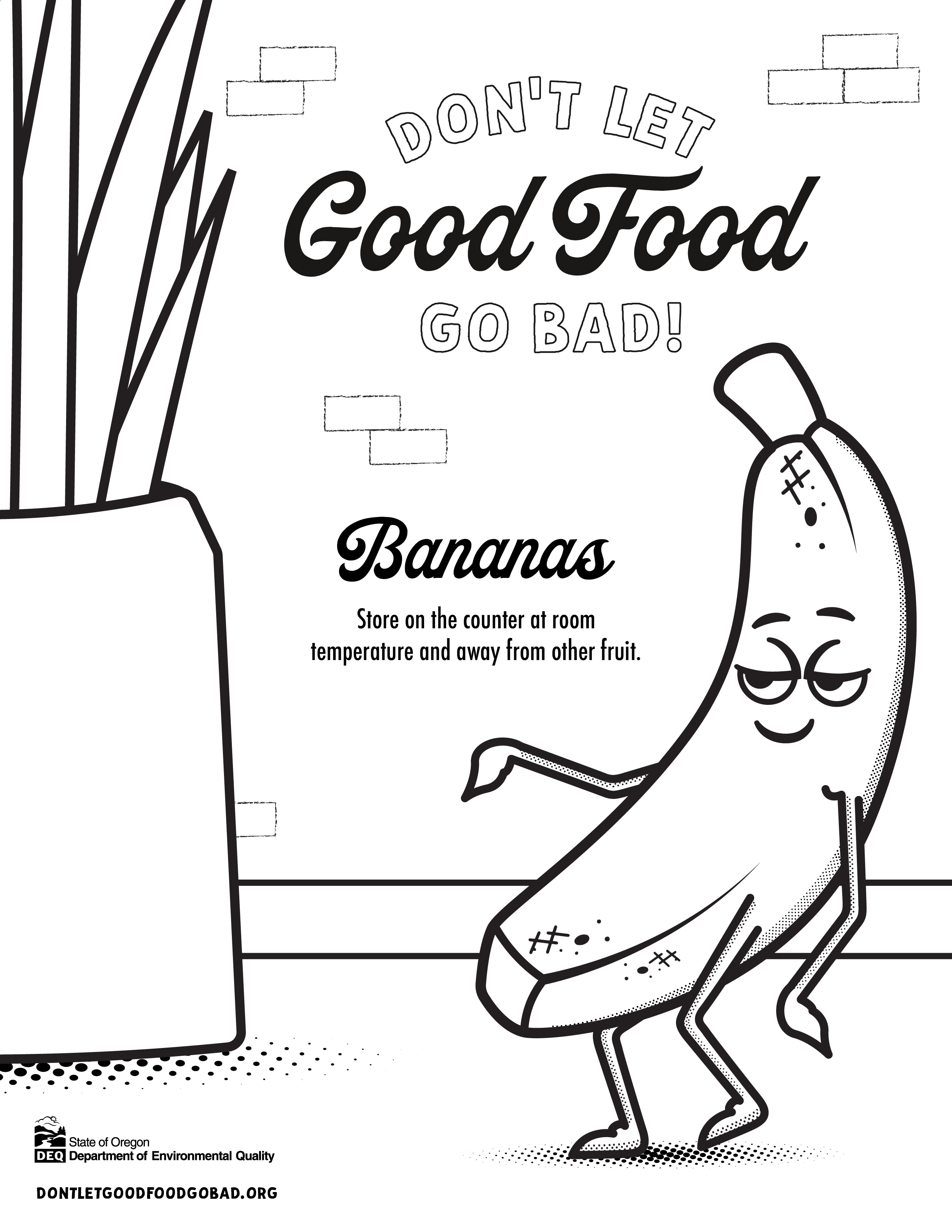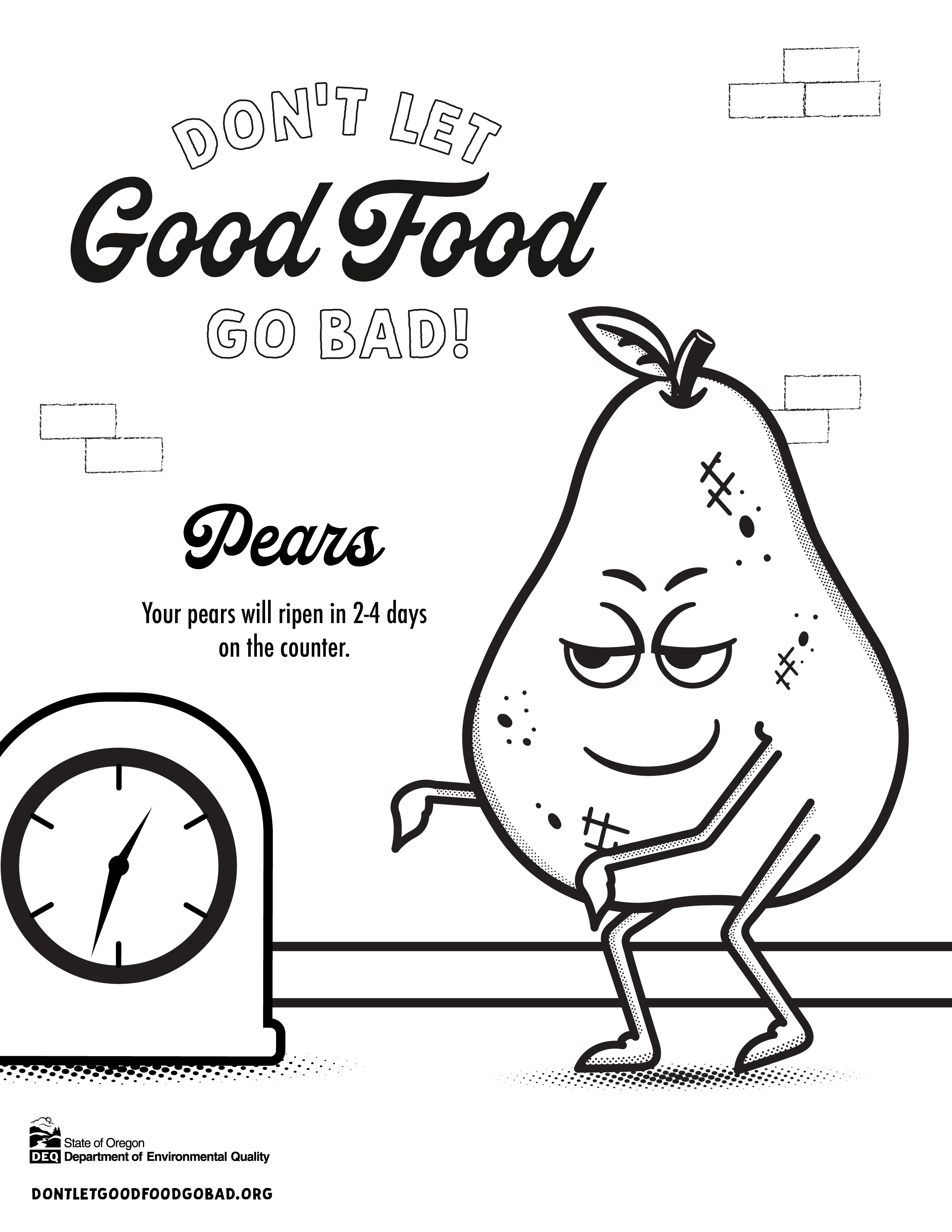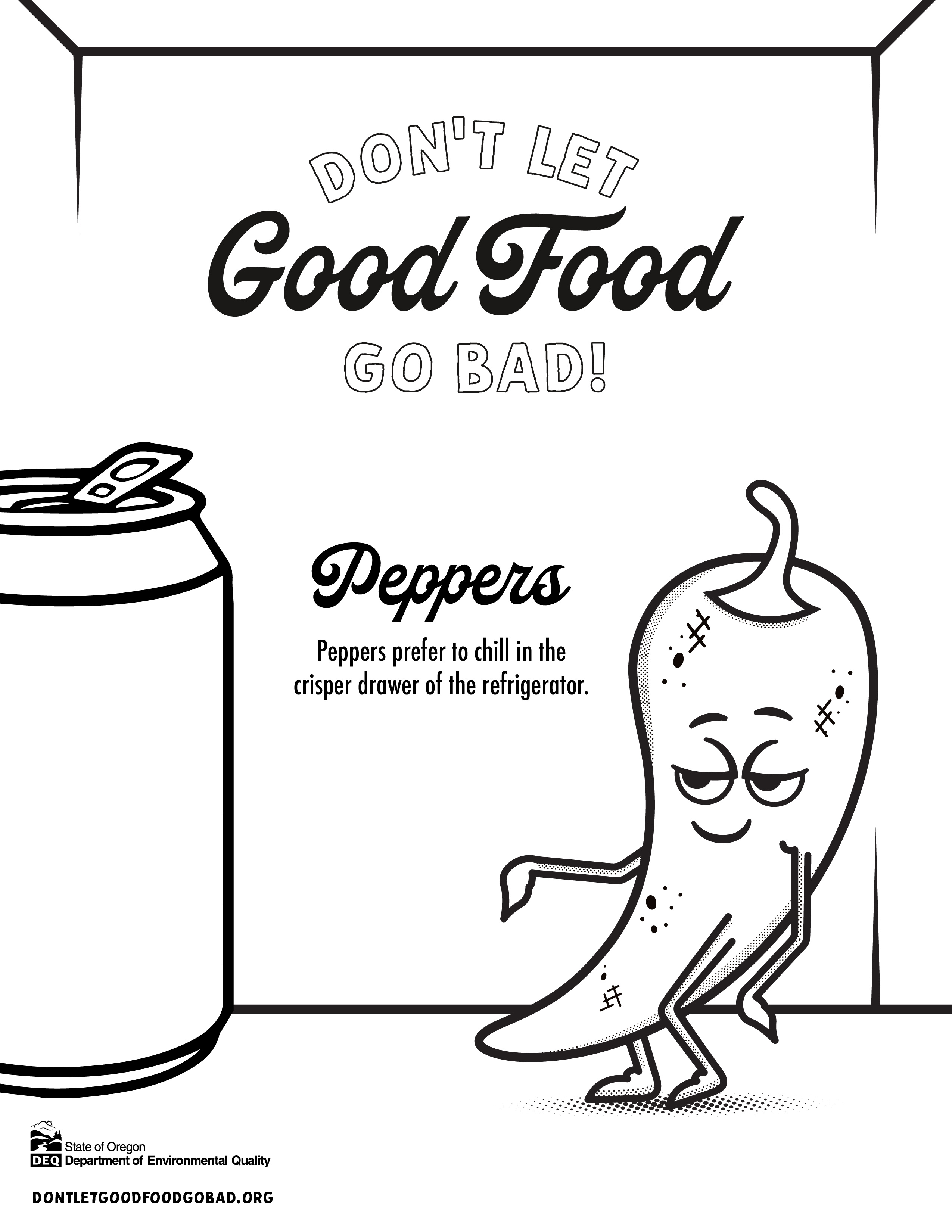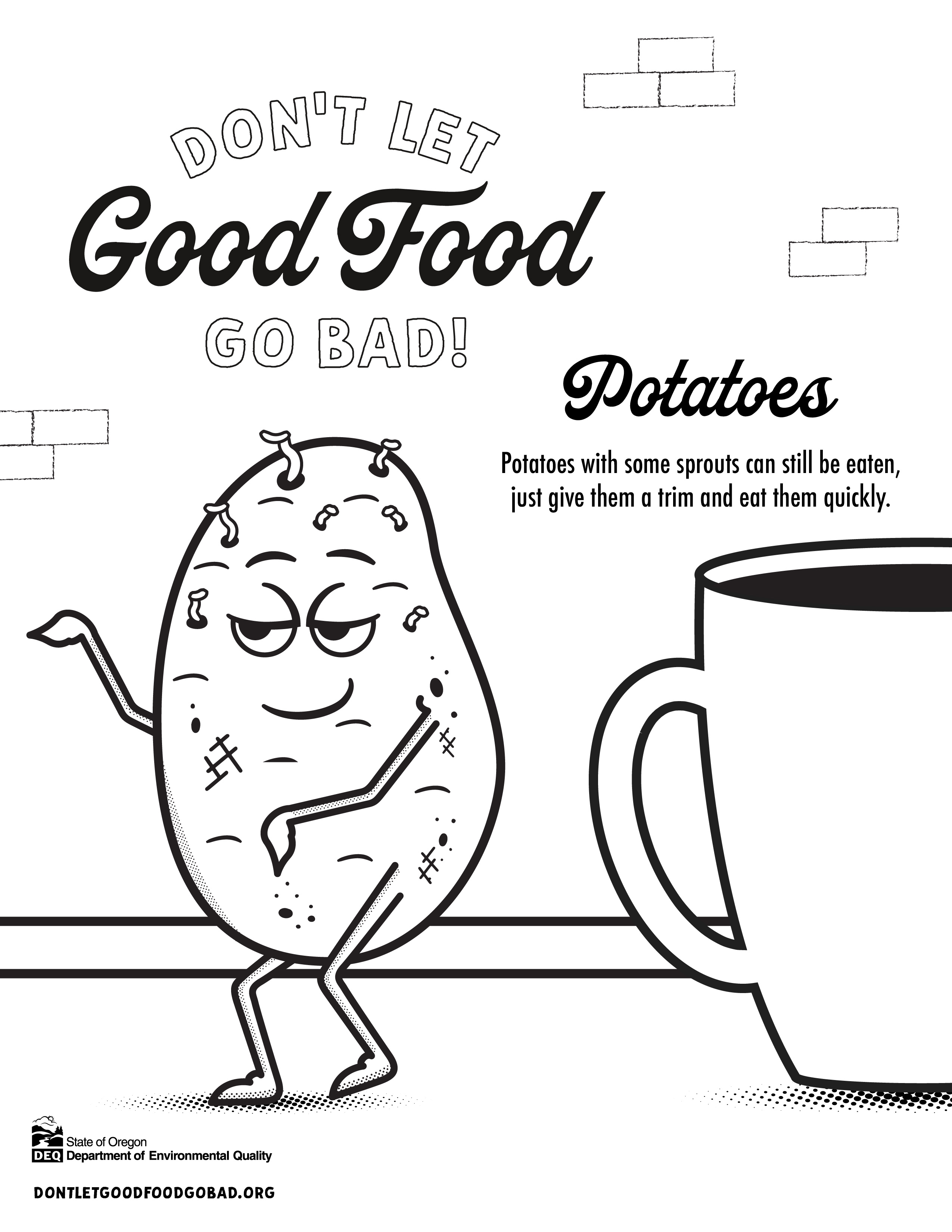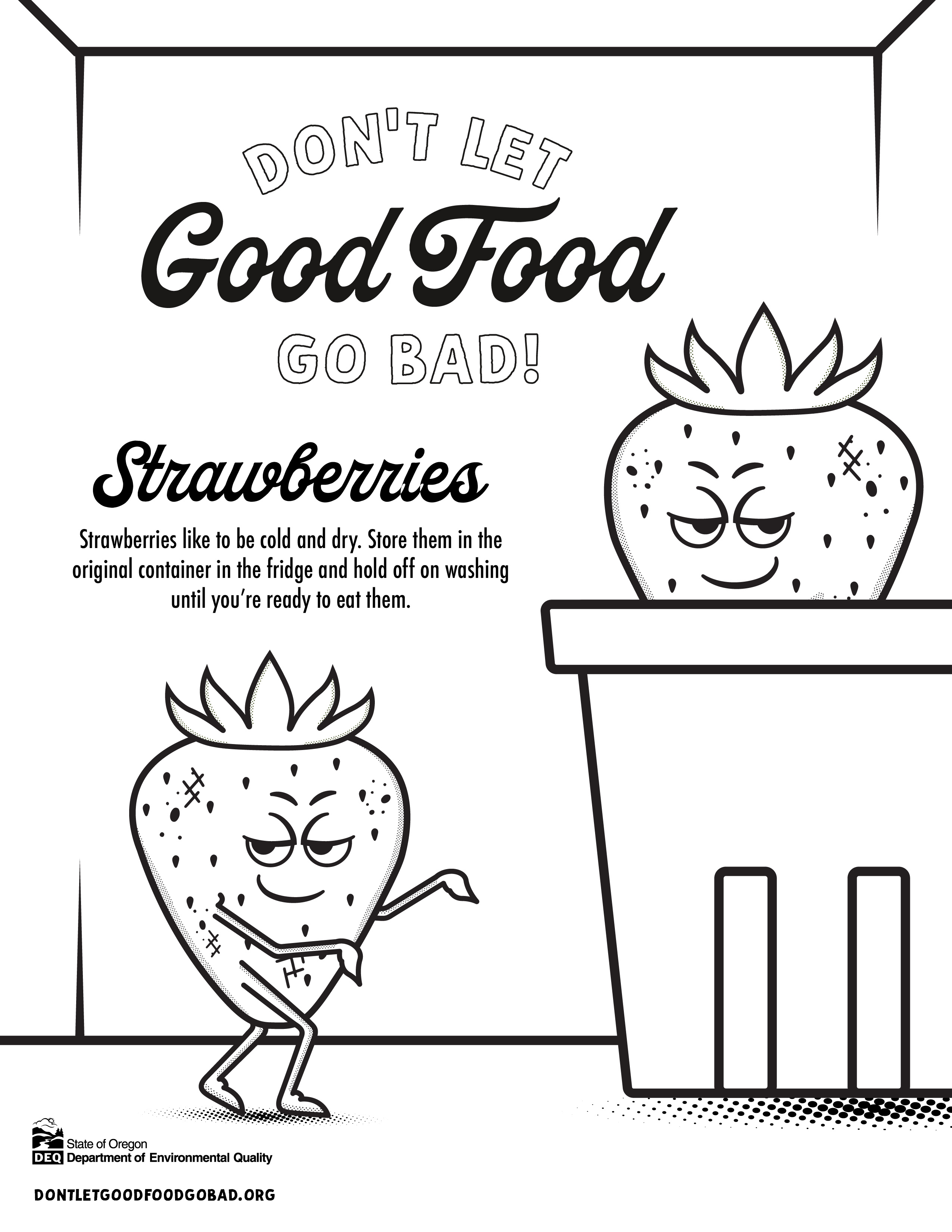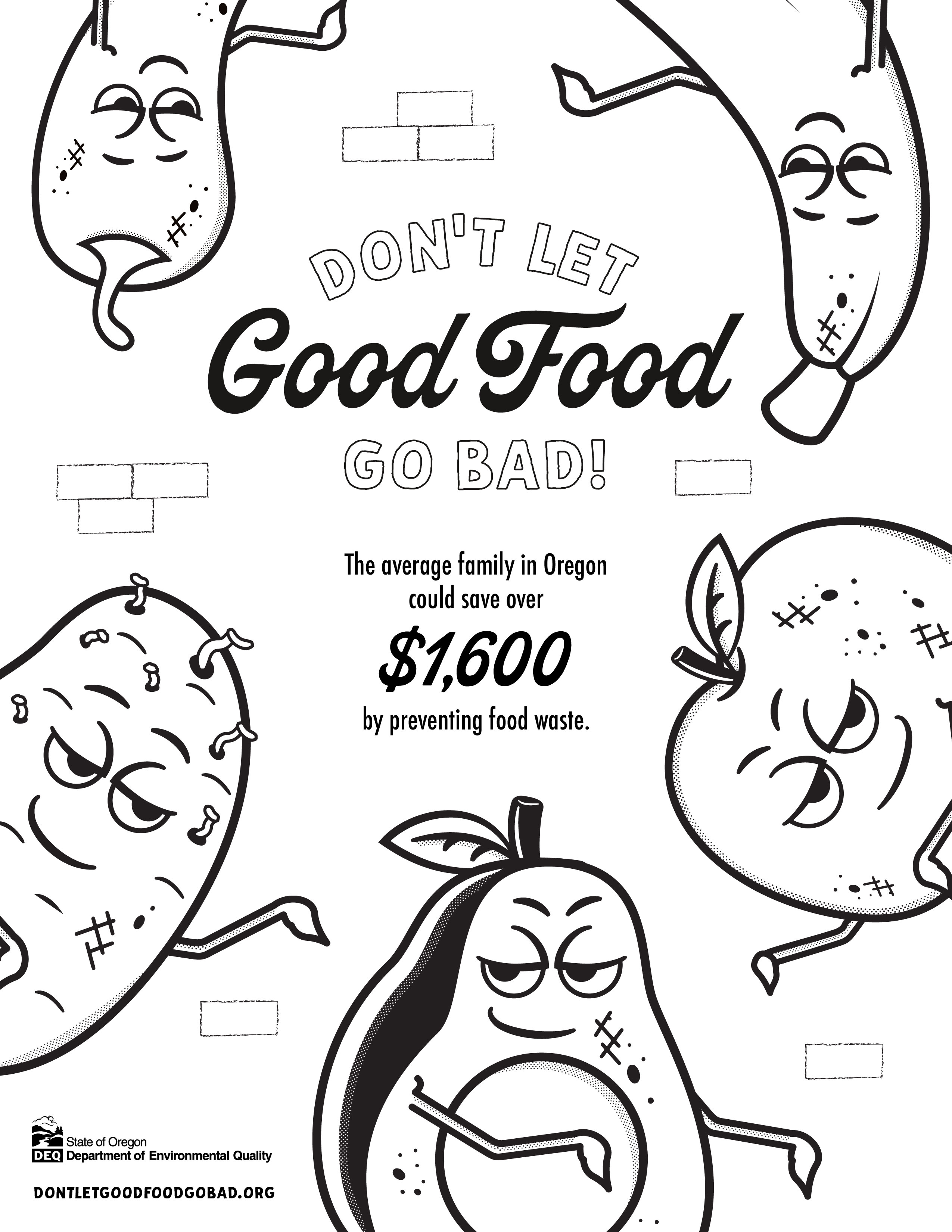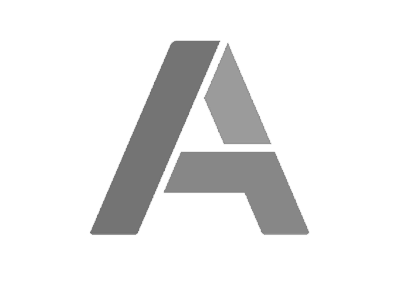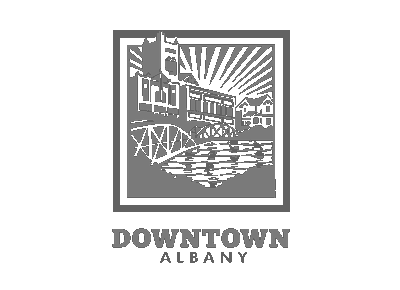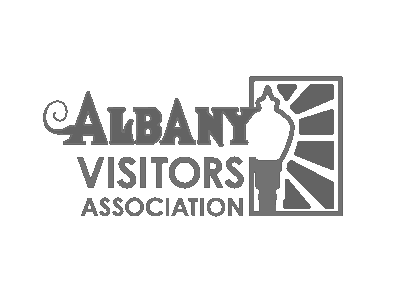Republic Services is the disposal services franchisee for the city of Albany.
Getting Started
Getting Started Living Green
Green your block
Plant a tree with the neighborhoods program.
Green your cleaning
Make a safer choice for your family, river, and pets when Choose water-efficient plants adapted to our climate, or save money and make your own green cleaners.
Green your community
Volunteer for at least one environment-related community project.
Green your perspective
Enjoy the outdoors and share a picnic lunch with your family at a City park.
Waste Prevention
Waste prevention is an upstream activity that involves reducing waste through changes in the design, purchase, and use of materials. In its simplest form, waste prevention means using less stuff. Waste prevention has the potential for large environmental benefits because it typically reduces environmental impacts over all stages of the life cycle of materials: resource extraction, manufacturing, transportation and end-of-life management (such as recycling or disposal). For households and businesses alike, waste prevention can also typically save much more money than recycling or composting.
Environmental Impacts of Food Waste
The production and consumption of food leads to significant environmental impacts, and an estimated 25 to 40 percent of all food produced or imported for consumption in the United States is never eaten.
Reuse and Repair
While both recycling and reuse (and repair) are promoted as methods of reducing waste, reuse typically is the environmentally preferable approach. Reuse maintains products in their original form and takes advantage of embodied energy, resources and impacts already incurred in the production of the original products. This is in contrast to recycling, which typically involves destroying the product and converting it into primary materials (resins, pulp, scrap metal, etc.) for use in making new products. While recycling is typically preferable to manufacturing from virgin resources, reuse offers significantly greater potential for conserving resources and reducing pollution.
Recycling Contaminants
Cleaning up recycling by removing contaminants
With requirements changing in the world market, it’s important more now than ever, that our recycling is as clean as possible. This not only means making sure materials are empty, clean and dry, but also that only the right materials are going in the cart. A contaminant is anything that isn’t recyclable and therefore should not be in the recycle cart.
The chart below from Republic Services shows a list of common contaminants found in the recycle cart, with information about why they shouldn’t go in and how to properly dispose of these items. Republic Services will continue working with customers to convey the changes in recycling. Remember that the cleanliness and quality of recycling is of the upmost importance, so when in doubt, throw it out.
Recycling contaminants provided by Republic Services
|
What...
|
Why?
|
Where can it go?
|
|---|---|---|
| Paper milk/juice cartons, paper broth containers, paper coffee cups | These have tiny plastic fibers embedded in them, which are difficult to separate from the paper fiber for recycling | These items should go in the trash. Try to reassess purchasing habits and find products with less packaging or more recyclable material |
| Nursery pots | There currently are no markets for this plastic. | Trash, or reuse for other plants or creative activities |
| Clamshells | No market currently exists for this low-grade plastic. End of life phase. | Place in trash cart. Avoid purchasing when possible. |
| Plastic bags | Plastic bags mixed with other recyclables can jam the sorting equipment at the sorting facility | Many local grocery stores have collection bins for plastic bags too. |
| Garden hoses | Hoses can wrap around machinery at the sorting facility, which could cause damage | Place in the trash if it can’t be repaired for reuse |
| Chain & other scrap metal | These items can get caught in machinery and cause harm to workers | Bring to the scrap metal bin at Republic Services recycle depot or to a scrap metal buyer |
| Clothing | Clothing wraps around machinery and can cause friction fires | Donate; repair; repurpose as rags; or place in trash |
| Garbage | Garbage is not recyclable and only contaminates the good material being placed in the recycle cart | Placed garbage in the trash cart or bring to landfill. Call the office if you need a bigger cart |
| Styrofoam | Breaks into tiny pieces when compacted in the recycle truck, no local recycling facility, uneconomical to transport. | Place in trash. Block Styrofoam may be recycled at St. Vincent de Paul in Albany (call ahead first to double check) |
| Plastic cups, plates and silverware | No market currently exists for this low-grade plastic. End of life phase. | Place in trash cart. Swap out for durables when possible. |
Recent Links
Food Waste Prevention
Food Waste Prevention
This bad apple can cost you real money. Spoiled food like this costs each household in Oregon over $1,600 a year on average.
Learn more at DontLetGoodFoodGoBad.org
Don’t let good food go bad
Have some fun and learn some food waste tips with these fun, free coloring pages.
Food scraps
Learn how Republic Services turns your food scraps into farm fresh produce when you use your organics cart for more than just yard debris.
Sharing food
Are you in need of food? Or would you like help others? Albany has several food pantries and meal sites that accept donations and provide emergency food boxes and warm meals.
Visit Linn Benton Food Share to learn more about this network of non-profit partners such as food pantries, meal sites, gleaning groups and other partner agencies who provide millions of pounds of food every year to our local community.
Food Pantries
Fish of Albany
1035 2nd Ave SE
Salvation Army of Albany
345 Columbus St SE
Gleaners Groups
Is your garden groaning with zucchini? Too many tomatoes and no time to make sauce? Share your bounty or your time with local gleaners. Three groups are active in the Albany area:
- Albany Gleaners
- Community Gleaners (Albany)
- Mid Valley Gleaners
Meal Sites & Shelters
Albany Helping Hands Shelter
619 9th St SE
CHANCE
231 Lyon St SE
CHANCE Shelter
1100 Jackson St SE
Jackson Street Youth Shelter
1240 7th Ave SE
St. Mary’s Soup Kitchen
822 Ellsworth St SE
Green Disposal
Green disposal of old, unwanted, or used products
Reuse first if you can, but if you can't here are some places to dispose of certain items:
| What | Where | Notes |
|---|---|---|
| Automobiles / cars |
Cars To Cure Breast Cancer http://www.carstocurebreastcancer.org/oregon |
|
| Wheels for Wishes http://oregon.wheelsforwishes.org/ |
||
| Batteries, alkaline | Note from Republic Services: "Alkaline have not been considered hazardous since the mid 1990’s due to their product make up. They can be thrown away." (Alkaline batteries no longer contain mercury). | |
| Batteries, car | AutoZone, Battery X-Change | |
| Batteries, rechargable tools | Home Depot and Lowes | |
| Batteries, rechargable less than 11lbs. | Staples | Lithium Ion (Li-Ion), Nickel Cadmium (Ni-Cd), Nickel Metal Hydride (Ni-MH), Small Sealed Lead Acid (SSLA/P) only |
| Car fluids | Republic Services | motor oil in sealed container |
| O’Reilly Auto Parts | motor, transmission, and gear oil with no water; and oil filters that have been placed in ziplock bag | |
| Mac’s Radiator | antifreeze; please call first 541-926-6616 | |
| Compact fluorescent bulbs | Home Depot | |
| e-waste | St. Vincent de Paul, Goodwill, Teen Challenge, Republic Services | desktops, laptops, tablets, monitors, TVs, printers |
| Staples | ink cartridges, computers, printers, shredders | |
| Other locations available on Oregon eCycles | ||
| Holiday light string | Republic Services | late November-early January only; see calendar |
| Household Hazardous Waste | Republic Services | Annual household waste event held in October |
| Medications | Albany Police Department Prescription Drug Box | over the counter, prescription, and pet |
| Miscellaneous | Albany Habitat for Humanity | Candle wax, eye glasses (in partnership with Albany Lions Club), Ink cartridges, cork, egg cartons, all metals |
| Unusual and don’t know what to do with it? Look here | ||
|
Paint
|
Parr Lumber, Habitat for Humanity ReStore, Miller Paint, Sherwin Williams | |
| Other locations available on PaintCare | ||
What the City is Doing
Sustainability practices at the City of Albany
Sustainability provides a way of thinking about how to solve issues related to concerns about the environment, changing economies, and rising energy costs. This includes thinking about sustainability in strategic planning and policy development, how the City delivers core services, as well as the day to day decisions and actions of individuals.
These are some of the efforts made by the City to reduce, reuse, and recycle:
- Reduce the use of paper by increasing electronic documents and information sharing
- Recycle paper, plastic, metals, oils, cardboard, and electronic equipment
- Increase use of recycled products
- Purchase of green cleaning products for City buildings
- Recycling facilities at public events
- Reuse wood chips for park paths and tree mulch
- Pretreatment program protects water quality and local watershed health
- Erosion and sediment control programs
- Water conservation and leak detection program
- Energy conservation audits of City facilities
- Energy-efficient lighting installed at City facilities
- Power management implemented on all City network computers
- Use of virtual servers where appropriate to reduce power and cooling requirements
- Water-efficient planting and irrigation controls in parks and rights of way
- Tree preservation measures and tree planting
- Bike and pedestrian path improvements along city streets
- Replace fleet vehicles with hybrids when possible
- Land development code includes some Smart Growth principles such as village centers, cluster development, and design guidelines
- Wastewater treatment system improvements will reduce and prevent sewer overflows into the Willamette
- Hazardous waste disposal and reporting program
- Integrated pest management in parks
- Annual river cleanups



